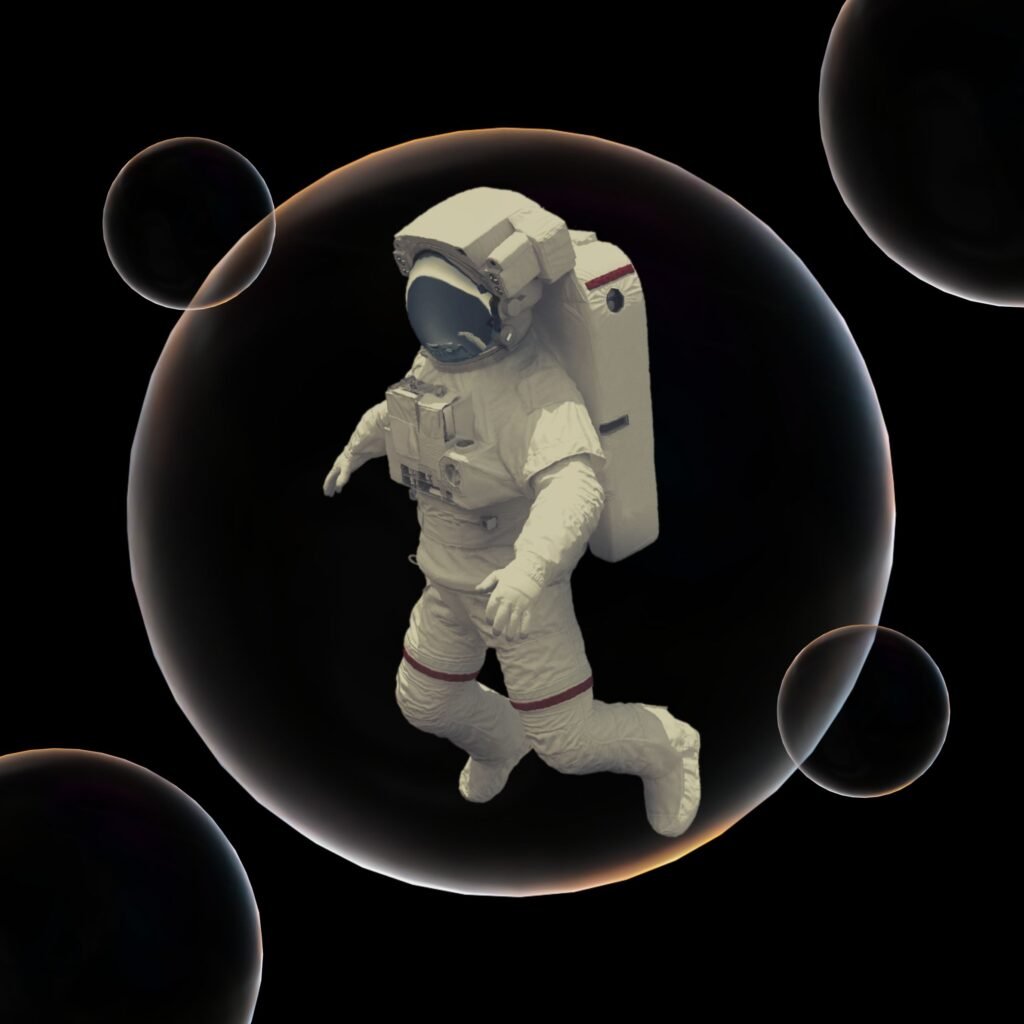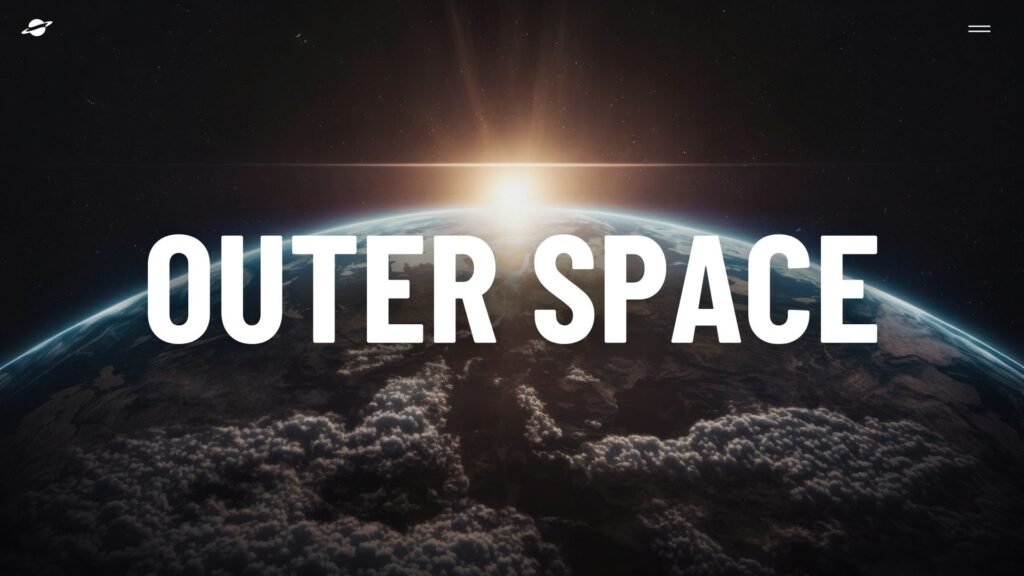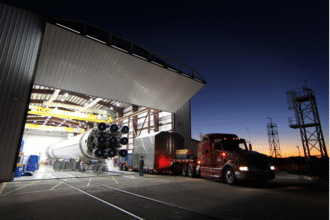
Becoming an astronaut is one of the most challenging and inspiring career goals in the world. With agencies like NASA and private companies such as SpaceX leading the charge in space exploration, the demand for well-prepared candidates continues to grow. Whether you aim to apply for an astronaut program in the USA, join a UK space training institute, or work with an international space agency, the road to space starts with preparation.
This guide explores the top skills you need to become a successful astronaut. We’ll go beyond academic qualifications to explore the practical, emotional, and technical skills needed in space. If you're wondering how to become an astronaut, this article outlines everything you should start working on today.
The Top Skills of a Successful Astronaut

1. Strong STEM Education
One of the most fundamental astronaut skills is a strong background in science, technology, engineering, and mathematics (STEM). Most astronauts hold at least a bachelor's degree in fields such as aerospace engineering, astrophysics, biology, medicine, or computer science. Many also have master's degrees or PhDs.
A strong STEM foundation is for understanding complex spacecraft systems, conducting experiments in microgravity, and solving technical challenges during missions. NASA astronaut careers and similar paths in international programs typically require several years of experience in a related scientific or technical field.
2. Physical and Mental Fitness

Space travel puts extreme demands on the human body. Successful Astronaut candidates must pass rigorous medical exams and maintain excellent physical fitness. Cardiovascular strength, muscular endurance, and agility are all tested. Mental health is equally important. Astronauts must cope with isolation, confined spaces, and high-pressure scenarios for long durations.
In many astronaut programs in the USA and abroad, psychological evaluations are part of the selection process. Candidates must demonstrate emotional stability, adaptability, and stress tolerance.
3. Technical and Mechanical Proficiency

Astronauts are not just scientists; they are also mechanics, engineers, and operators. During space missions, they are often required to repair damaged systems, install new equipment, or respond to emergencies.
Hands-on experience with machinery, electronics, or robotics can be highly beneficial. Some astronauts come from backgrounds in aviation, submarine operations, or technical military roles. Understanding how to troubleshoot systems without immediate support is a vital component of astronaut training.
4. Communication and Teamwork Skills
Success in space is never a solo effort. Successful Astronauts must work closely with crewmates, mission control teams, engineers, and international partners. Effective verbal and written communication is crucial, especially when dealing with time-sensitive tasks or emergencies.
Whether part of NASA astronaut careers or the SpaceX astronaut program, collaboration is key. Astronauts must be able to follow instructions, provide clear feedback, and navigate cultural differences in a diverse working environment.
5. Emotional Resilience
Living and working in space is mentally demanding. Astronauts are separated from their families, exposed to risk, and often confined to tight quarters for months at a time. Emotional intelligence and psychological resilience are essential for coping with these challenges.
Astronautt training programs often include simulations that test how candidates respond to stress, sleep disruption, and conflict. Maintaining a calm, focused mindset even under pressure is one of the most valued astronaut skills.
6. Adaptability and Problem-Solving
No mission goes exactly as planned. Successful astronauts must be prepared to face unpredictable scenarios, from equipment failure to communication delays. The ability to adapt quickly and think critically is one of the top skills you need to become a successful astronaut.
Being resourceful and solution-oriented is especially important during spacewalks, emergency procedures, and system failures. Astronauts are trained to make rapid decisions with limited information, often in high-stakes environments.
7. Language Skills and Multicultural Awareness
Many astronauts work on the International Space Station (ISS), which hosts crew members from countries including the United States, Russia, Japan, and various European nations. As a result, learning additional languages, particularly Russian, is often a requirement.
Candidates applying for UK space training or international astronaut programs benefit from having language skills and cross-cultural communication abilities. The help ensures effective collaboration with global teams and systems.
8. Leadership and Decision-Making
Astronautss must take the initiative, demonstrate leadership, and make decisions that impact the safety and success of a mission. This doesn’t always mean holding a formal leadership title. In space, every crew member may be called upon to take charge during critical moments.
Leadership in successful astronaut careers involves building trust, supporting teammates, and staying composed under pressure. Whether coordinating with ground teams or leading a science experiment, astronauts must act decisively and responsibly.
9. Experience in Specialized Fields
Previous experience in aviation, medicine, engineering, or research strengthens a candidate’s profile. Many astronauts have backgrounds as military pilots, engineers, doctors, or field researchers. These roles often require high levels of accountability, problem-solving, and the ability to perform under extreme conditions.
If you're considering how to become an astronaut, gaining hands-on experience in high-stakes environments can significantly boost your readiness.
10. Passion for Learning and Growth
Successful astronauts are lifelong learners. From pre-mission training to in-orbit research, they are constantly studying new technologies, experiments, and safety procedures. Agencies like NASA and SpaceX value candidates who show initiative in expanding their knowledge and skills.
Being open to feedback, staying updated on scientific advancements, and demonstrating curiosity are important qualities in any astronaut career path
Conclusion
Becoming a successful astronaut is about much more than passing physical exams or holding a science degree. It requires a diverse combination of skills from technical knowledge and physical fitness to leadership, emotional intelligence, and adaptability. These skills not only help you qualify but also prepare you to thrive in one of the most challenging environments known to humanity.
Are you ready to pursue your dream of becoming a successful astronaut? Start by exploring current opportunities on the official NASA astronaut careers page or the SpaceX astronaut program listings. Consider enrolling in a STEM degree, joining aviation or engineering clubs, and participating in astronaut training workshops in your region. Keep learning, stay focused, and aim high—your journey to space begins here.







